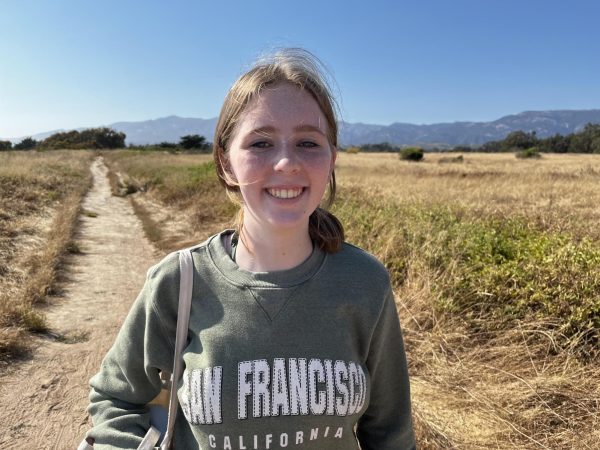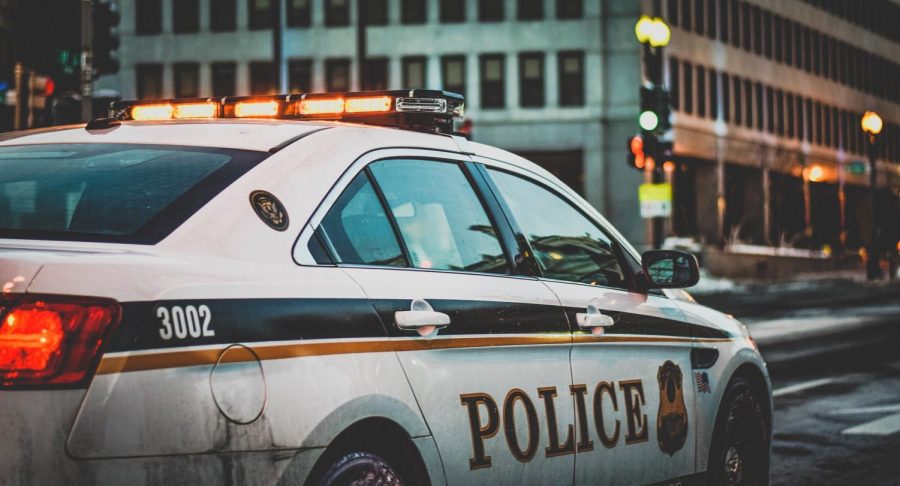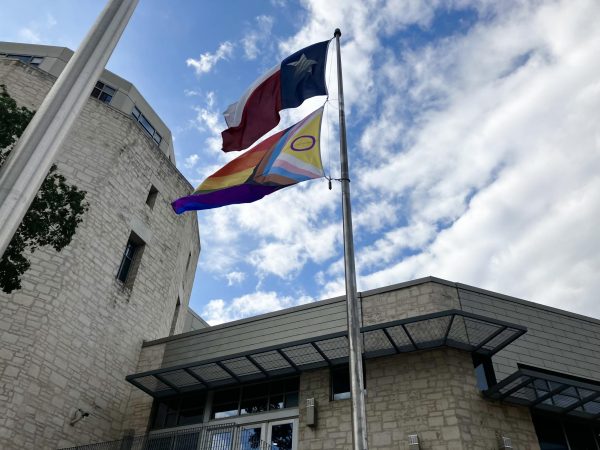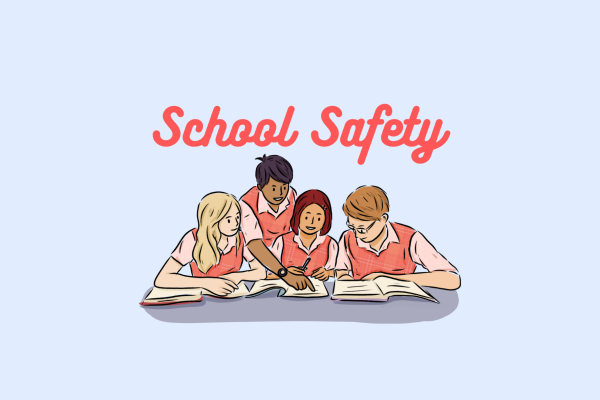A+ For Effort, but Prop A Needs Reconstruction
On Tuesday, Nov. 2, Travis County held an election for two propositions. Prop A consisted of a controversial proposition to re-budget money towards the Austin Police Department (APD) and hire new officers to improve the issue of staffing shortages within the department. Prop B involved swapping city property, ultimately allowing for more parkland.
While keeping the police department well staffed is important in keeping our city safe, Prop A is an expensive proposition, costing between $271.5 million and $598.8 million over five years. This could mean re-budgeting and possibly taking money from other areas such as the fire department.
The police department still needs to be reasonably staffed in order to keep the citizens as safe as possible, but the solution isn’t taking money from other departments. One proposed solution involves investigating what’s at the root of crime in Austin and fixing that issue. This way, there is less crime for the police to deal with.
The proposition also asks that police officers spend 35 percent of their time involved in community activities. This could prove to be disadvantageous if that time ends up taking away from training or response time.
Prop A has its advantages, though, as it would require two police officers for every one thousand residents. Right now, there are only 1.6 police officers for every one thousand residents. Having an understaffed police department has caused slower response times because the police department is stretched too thin. This is especially an issue with the need for police having increased recently with an incline in the number of murders in Austin.
Prop A would also increase the required amount of training required for police officers, adding 40 extra hours to police training. This would help police officers be better prepared for situations such as critical thinking and quick decision-making.
While Prop A would definitely benefit APD to keep the city safer, the funding for it should be planned out better. Because it’s so expensive, finding funding will be difficult but necessary before following through with the proposition. Additionally, it may be harder for voters to decide which way to vote because the proposition has multiple items involving the police department, including increasing required training for officers, requiring more community engagement, and better staffing the police department. Voters may not agree with everything on the proposition. Prop A has left voters with a difficult decision of which way to vote because of the way it is constructed, and while in theory, the proposition doesn’t seem too bad, following through with it raises a number of issues that just outweigh its benefits.

Class of 2024
I am so excited to continue working on the Horizon this year! Aside from writing and reporting, some of my favorite things to do include...






